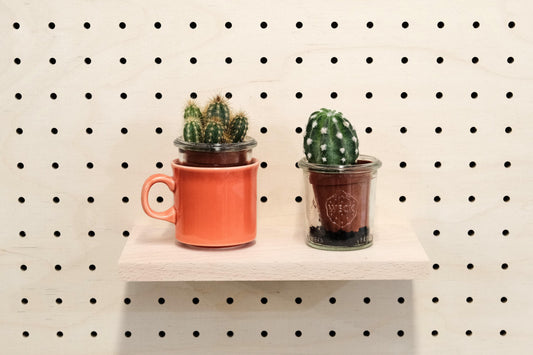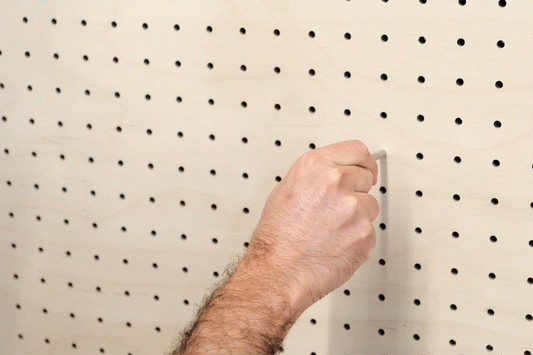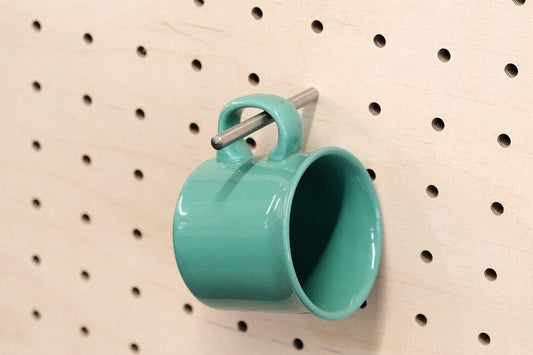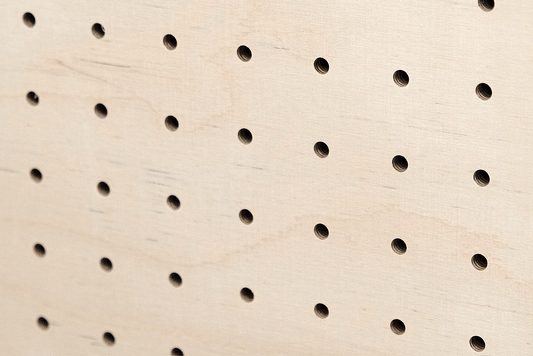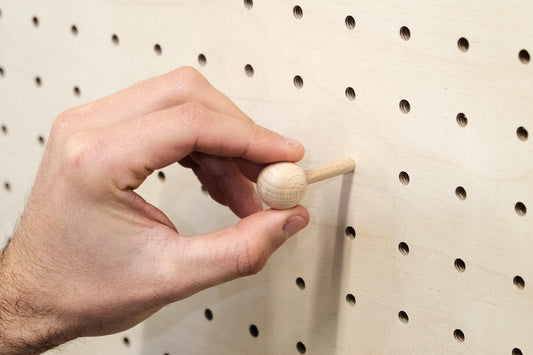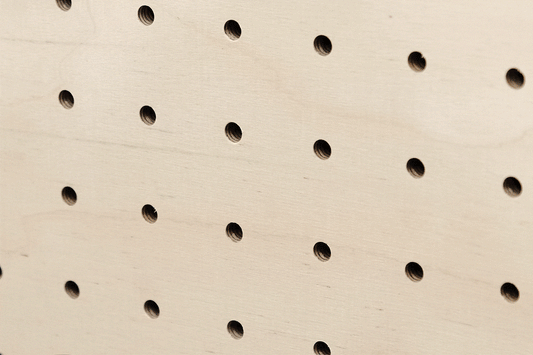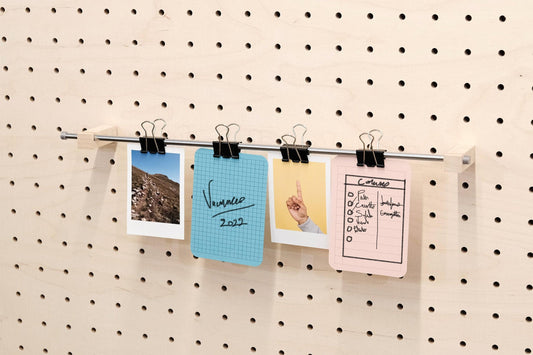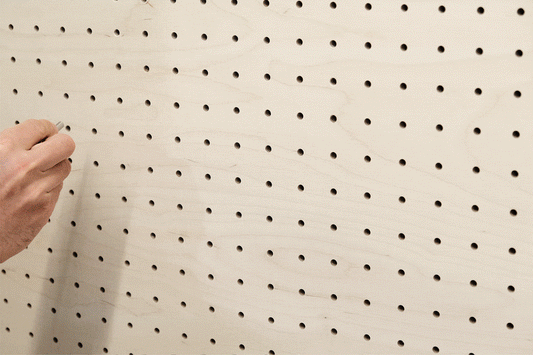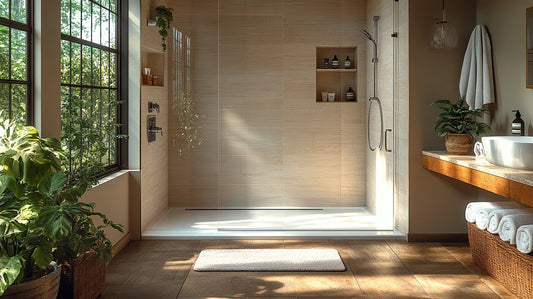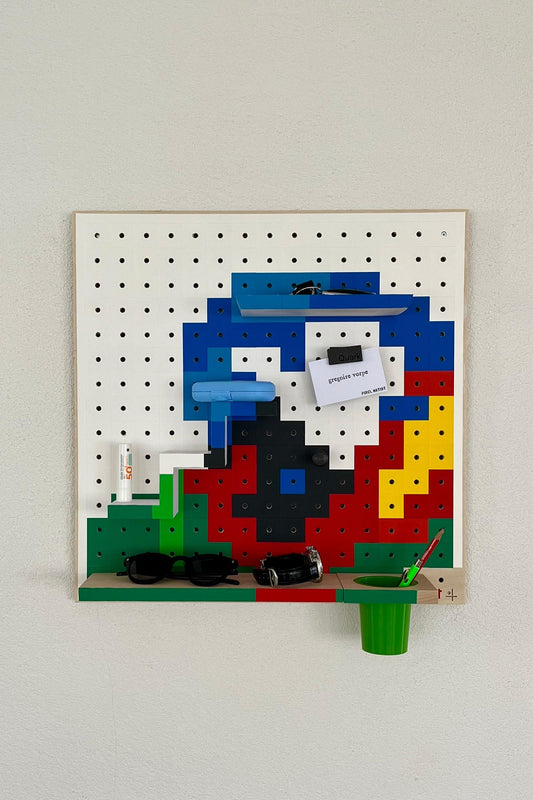Quark went to meet Tristan Gesret . He is an artisan painter in letters . In addition to doing an exceptional job, he has the merit of learning this trade on his own. We are happy to highlight a talented French craftsman.

Can you introduce yourself and your activity as a letter painter?
My name is Tristan Gesret and I am 32 years old. I am Breton and I live near Vannes. For 3 years I have been a letter painter.
I have an atypical background. I was not at all predestined for a career in the arts. I never knew what to do. So I listened to my parents. I did an S baccalaureate. And I went to medicine because there were a lot of openings.

Then I did real estate. I even got a license in real estate law. Afterwards I got fed up so I did some experiments on my side such as trips. Then, four years ago, I accidentally discovered painting in letters. It was a revelation and I threw myself into it.
Is it art or craftsmanship, the profession of painter in letters?
I consider myself a craftsman . There is a lot of theoretical learning such as letter sizes, proportions, typography, color combinations… I don't let go during my projects.
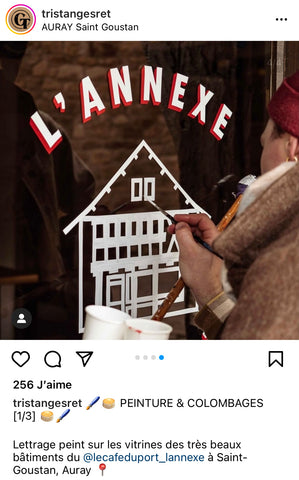
In addition, I make signs, so I work a lot with wood .
Where are you in your projects now?
Since I started 3 years ago on my own: it has grown. Fast enough. My girlfriend joined the company. It is she who manages the communication. That's why we're productive on social media. We also have a part-time employee who is a graphic designer. It relieves our work. Because ultimately we have a lot of work to do on the computer. There are plenty of them who sublimate the profession of painter in letters. But, even if we excel, we cannot do without the computer. So we use it to make models, inlays and many other things.

At the time, the restaurateur called the painter in letters, then he wanted the restaurant to be noted on his facade. Possibly with a specific color. Then the letter painter did the lettering directly, with a small sketch.
Now customers are more demanding . In addition, today, there are requests to be made to the APS, architects of buildings in France or other people. So you have to make several proposals on the computer, several inlays, the exact dimensions, find the right color. As a result, it takes longer than before.
Today we have a small workshop at my house, in an outbuilding. It is very small so we are quickly overwhelmed in the workshop. But, from next fall, we are moving into a 200 square meter workshop!

After concerning the projects of the workshop, we work on all of Brittany, all of the Great West. Our projects are quite varied , I can paint for restaurants, schools, shops, bars, institutions or even individuals who have vintage vehicles.
What was your biggest challenge as a letter painter?
One of the sites that made me known is: a facade that is 9 meters high and 6 meters wide.
I had just started painting in letters so I was not very comfortable yet. Then it's impressive to find yourself facing this big wall. But we succeeded. We got to the end, and we were happy. We would really like to develop this type of project. Paint on large facades as at the time in Le Havre. I really wish it would come back up to date! I'm sure it will come back.
Especially in an era where everyone takes pictures of everything, everything goes through the image. It would be great for a company to start communicating like that, it would create a huge buzz. But unfortunately it costs more than a billboard.

This is one of my future challenges. I am ready to travel all the roads of France to persuade a company to do this.
Then we did another cool project. This is Grain de Sail's boat. It is chocolate that is sold in supermarkets. They created the first transatlantic cargo ship that fetched cocoa from South America. And they return to Brittany by sail to take part in the French market. So, there is an eco-responsible approach thanks to a low carbon footprint.

They asked me to paint the name of the boat. I was on a swing with ropes above the water. It was impressive. Also, it was windy. I had to stabilize myself. I don't think I've ever had so many aches after a construction site.

Your favorite tools?
In terms of material it is really very varied. When we attack large facades, there we have very pleasant large brushes. I use rechamp brushes. I'm really starting to love this brush. Then there are also flat brushes and small spalters.
On the other hand, for small signs where precision work is required, sable hair brushes are used. These are very long and soft natural bristles. You really have to take care of it. It allows you to take a large load of paint to make large lines without interruption . The goal is to make as few passes as possible.

In my left hand I have a cane and in my right hand I have my brush. My right hand is resting on a cane that I hold with my left hand. It allows me to be stable and it's my left hand that moves the rod in order to have more precise strokes.
How do customers approach you?
They use Instagram a lot, now we can't live without it. Then there is also a lot of word of mouth. As soon as we arrive in a new street, since the work is visible, the traders spread the word .
Where does a project start?
I ask “what are your expectations? ”. I want to understand the style , to give my advice. We offer typography, effects and colors that are in keeping with the desired style.
Now there is the graphic charter which is present almost everywhere and which must be respected. This represents two thirds of the projects. In this case, we adapt the graphic charter to the facade.

And finally, I like projects starting from a style as much as those with a graphic charter. Because projects where you have to create a whole universe are very energy-intensive . And in reality I won't have time to do just that. And then reproducing an identical graphic charter is rather a challenge. In addition, it allows me to work with graphic designers who really have talent.
Concretely, I like a carte blanche from time to time.
How is a project organized?
We are very organized so as not to waste time. We start with an on-site meeting with the client. You have to immerse yourself in the place. Because it's not just “painting a facade”. It has to fit into the street and into the architecture. So you have to understand the customer's expectations.

We make small sketches by hand until we identify what the client wants. Then, we give regular feedback on the progress of the project. This validates each step. We cannot arrive with a finished project when it does not suit the client.
How does a project end?
My job is great because generally we have the same way of seeing things with customers. This is another state of mind because it is a financial effort on the part of the customer.

We very often come across friendly, open-minded customers. What is impressive is that we sometimes develop friendships with clients . We are coming to the end of the construction site so it is generally the final touch . Customers are often delighted, they no longer have work in progress and are ready to open! It's all about good vibes.
Are there difficult sides to the profession of painter in letters?
Yes, and it is important to underline this. I am very much in demand for internships because there are plenty of them who want to become a foreman or something else. It's a bit like Instagram's problem. Because everything is beautiful, everything is staged. While in reality there is a lot of preparation work, the climate in Brittany is: wet and cold.
Sometimes you have to travel for miles, or even climb the scaffolding. Stay for several hours in front of a facade to write small letters.

It is a work of patience and physical and where you must not let go of your concentration.
I take on as many interns as possible because you have to show the difficulties of the job .
Do you have fears in your job?
I'm always afraid of not getting there. I still have a lot to learn. There is no more training as a painter in letters. So I learn on my own. That's why I'm never 100% sure of myself. Despite this, each time it goes well. But I still have this fear of messing up my line . Thanks to my experience I am more and more comfortable. Then once I'm there, the fear fades quickly.

When I start to paint I enter into symbiosis with my brush . I'm almost in meditation. Time passes very quickly and I empty myself.
Do you have Instagram accounts to share?
@siclone_

He is a carpenter who creates surfboards, skateboards or even cutting boards for restaurants. I work with him regularly. Besides, he's practically my neighbour. We live only 500 meters away as the crow flies. We mainly collaborate for brands.

David is a craftsman who lives in the same town as me. He is a luthier. His talent has won him several awards. He loves his job and he is a real enthusiast.
Do not hesitate to take a look at our latest article: Houbly and their bio-based materials


